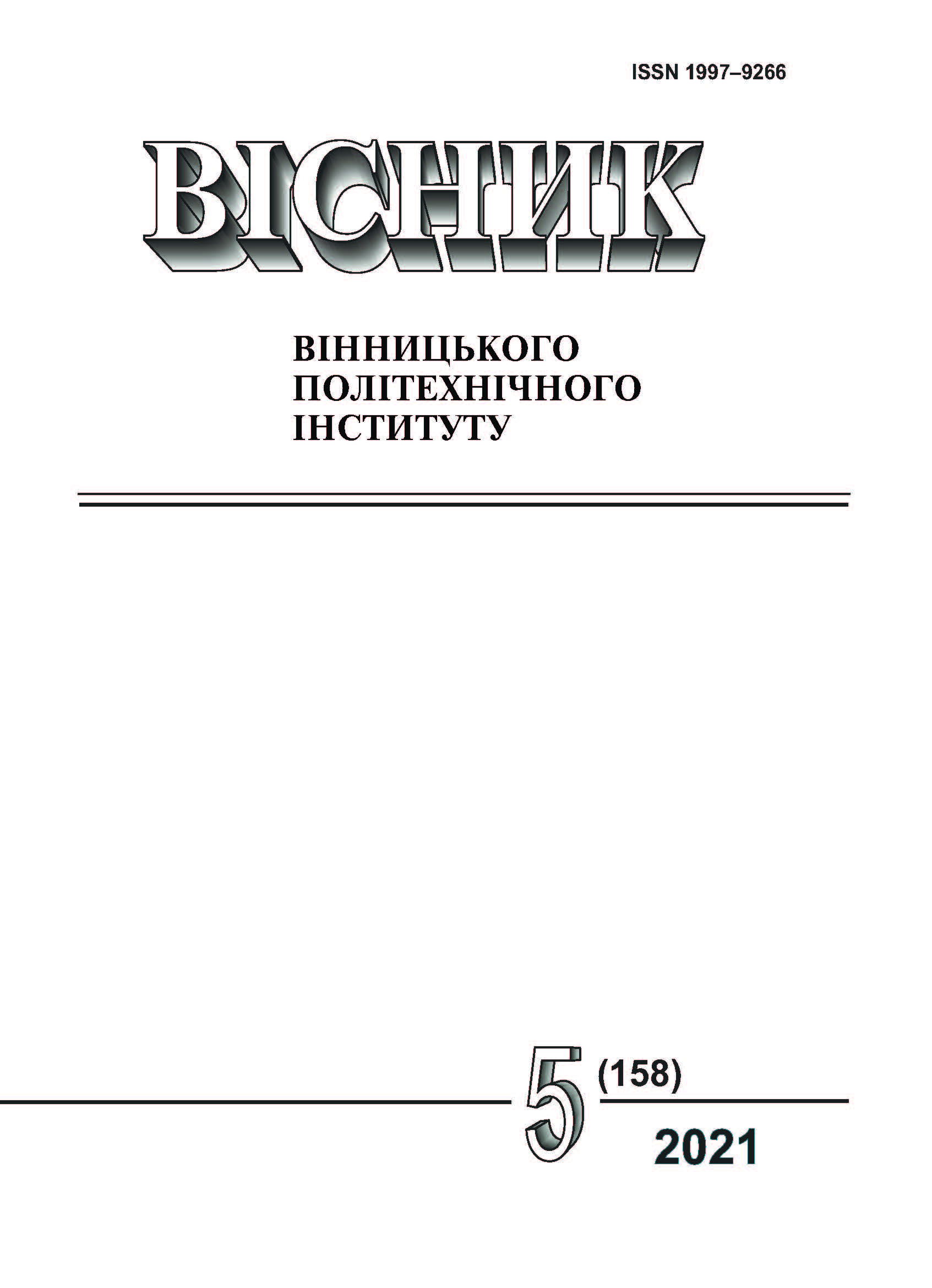Analysis of Current Trends of Decarbonization and Ecomodernization оf Energy of Ukraine and the World
DOI:
https://doi.org/10.31649/1997-9266-2021-158-5-19-26Keywords:
decarbonization, ecomodernization, renewable energy, economy, climate changeAbstract
Decarbonization is clearly not a matter of fashion, but an acute problem of human survival. Global climate change is the most epoch-making challenge facing humanity in the long run and requires immediate action. Climate change is one of the main issues of environmental security. A more accurate definition of decarbonization is a set of measures, methods and technologies that aim to limit the rate of global warming. They are based on: 1 — limiting the extraction and use of carbon-containing raw materials and 2 — reducing greenhouse gas emissions (primarily CO2 and H2O vapors) into the atmosphere. According to the Paris Agreement (2015), Ukraine has committed itself to reducing the level of greenhouse gases by 40 % (and, according to updated data, 55 %) by 2030 compared to the pre-industrial level (1990). However, the great path to the complete decarbonisation of the country is just beginning. Decarbonization of energy and the economy as a whole is the way to save humanity and ecosystems. Mankind has set itself this task by 2050. Otherwise, a climate catastrophe cannot be avoided. At the same time, the last decades have become the warmest in the history of mankind. The area of Arctic ice is shrinking. An increase in atmospheric temperature of approximately 2 ºC corresponds to an increase in sea level by 6 meters or more. Catastrophic fires, floods, droughts, hurricanes, tsunamis have become the norm. Biodiversity is declining (before 1950—60, one species of animal or plant disappeared from the Earth per year, and today — one or more species — per day, i.e., at least, this rate of extinction has increased 365 times). The oceans heat up and suffocate from oil and plastic waste. And this environmentally threatening list, unfortunately, can be continued. Thus, humanity has no choice but to choose a carbon-free path of development, i.e. there is no alternative to decarbonization and eco-modernization of the economy.
References
М. П. Кулик, «Аналіз екологічної небезпеки об’єктів теплової енергетики та методів зменшення шкідливих впливів,» Вісник інж. акад. України, вип. 2, с. 253-258, 2014.
Intergovernmental Panel on Climate Change. ISBN 978-0-511-5 4601-3.
Євроінтеграційний портал, Ресурсно-аналітичний центр «Суспільство і довкілля», Європейський зелений курс: можливості та загрози для України, Аналітичний документ, 2020. [Електронний ресурс]. Режим доступу: https://eu-ua.kmu.gov.ua/analityka/analitychnyy-dokument-yevropeyskyy-zelenyy-kurs-mozhlyvosti-ta-zagrozy-dlya-ukrayiny .
МЗДПРУ, Проєкт аналітичного огляду ІІ Національного визначеного внеску до Паризької угоди, квітень 2021, с. 4-7. [Електронний ресурс]. Режим доступу: https://mepr.gov.ua.
А. М. Глущенко, «Декарбонізація металургії: роль економічної політики держави,» The Problems of Economy, № 1, с. 340-347, 2020.
М. Білявський, «Україна і глобальна політика декарбонізації,» Центр Разумкова.[Електронний ресурс]. Режим доступу: https://razumkov.org.ua/uploads/article/2021_Ukraine%20and%20the%20Global%20Policy%20of%20Decarbonisation.pdf .
Резолюція Генасамблеї ООН № 45/212. [Електронний ресурс]. Режим доступу: https://undocs.org/ru/A/RES/45/212 .
«Цілі ЄС щодо захисту клімату,» Interfax – Україна, 2020. [Електронний ресурс]. Режим доступу: https://ua/interfax.com.ua/news/general/688450.html .
«Зелена металургія: чому в Україні не працює жоден фінансовий стимул для декарбонізації промисловості,» Економічна правда, квітень 2021. (За підтримки «Інтерпайп сталь»).
Рувен Штуббе, і Георг Цахманн, «Назустріч програмі зеленої модернізації України», Вокс Україна, 2021, [Електронний ресурс]. Режим доступу: https://voxukraine.org/nazustrich-programi-zelenoyi-modernizatsiyi-ukrayiny/ .
Downloads
-
PDF (Українська)
Downloads: 674
Published
How to Cite
Issue
Section
License

This work is licensed under a Creative Commons Attribution 4.0 International License.
Authors who publish with this journal agree to the following terms:
- Authors retain copyright and grant the journal right of first publication.
- Authors are able to enter into separate, additional contractual arrangements for the non-exclusive distribution of the journal's published version of the work (e.g., post it to an institutional repository or publish it in a book), with an acknowledgment of its initial publication in this journal.
- Authors are permitted and encouraged to post their work online (e.g., in institutional repositories or on their website) prior to and during the submission process, as it can lead to productive exchanges, as well as earlier and greater citation of published work (See The Effect of Open Access).





